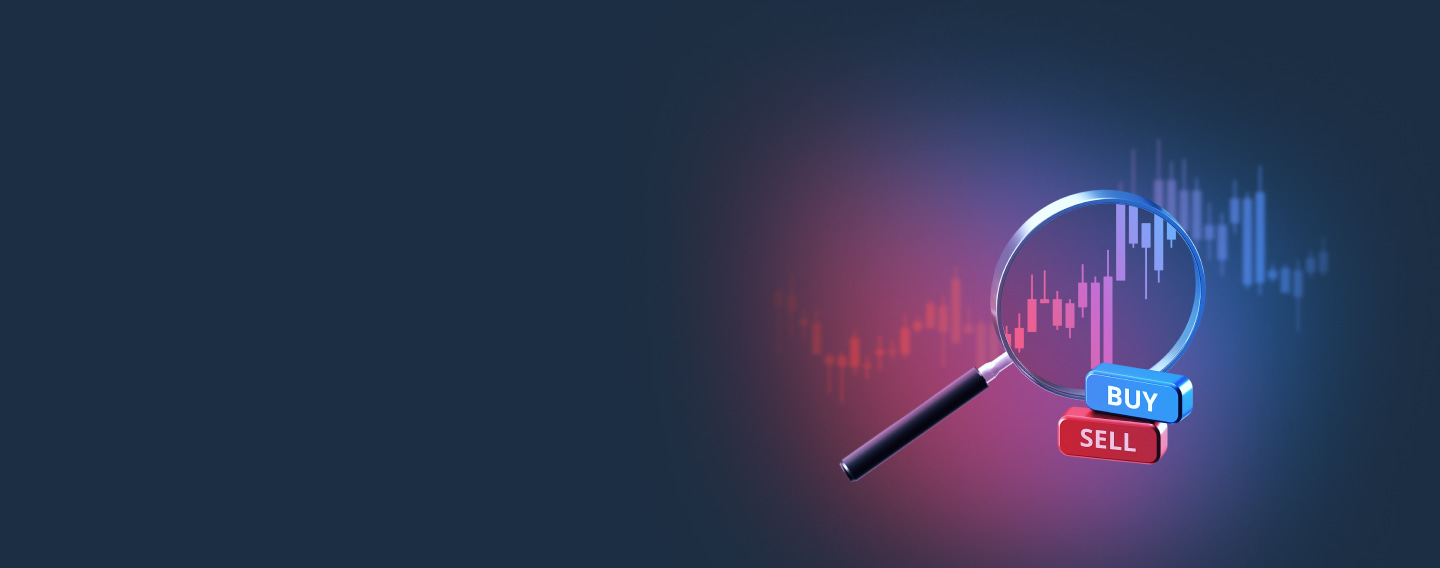


What is Leverage in Forex Trading? A Beginner’s Guide with an Islamic Perspective
Terminologies
Introduction to Leverage in Forex
Leverage is one of the most well-known and widely used tools in forex trading. At its core, leverage allows traders to control a larger position with a smaller amount of capital. This can significantly amplify both profits and losses, making it a powerful but risky aspect of trading—especially for beginners.
In forex, price movements are often measured in tiny increments called pips, which means large capital is typically needed to generate substantial profits. Leverage solves this by multiplying your buying power, allowing you to participate in larger trades than your account balance alone would allow.
For example, with 1:100 leverage, a trader can control $100,000 in the market with just $1,000 of their own money. The remaining amount is effectively borrowed from the broker, with your own funds acting as a margin or deposit.
While leverage can increase potential returns, it also increases your exposure to market risk. A small adverse move in the market can wipe out a large portion—or even all—of your account if not managed properly.
Understanding how leverage works, and more importantly, how to use it responsibly, is essential before trading live. In the next section, we’ll break down how leverage functions on a practical level using real-world ratios and trade examples.
How Leverage Works in Forex Trading?
Leverage in forex is typically expressed as a ratio, such as 1:10, 1:50, 1:100, or even 1:500. This ratio tells you how much buying power you get for every $1 of your own capital. If you use 1:100 leverage, for example, you can control a trade that is 100 times larger than your investment.
Let’s look at a simple example:
If you have $1,000 in your trading account and use 1:100 leverage, you can open a position worth $100,000. This is possible because the broker is lending you the remaining $99,000, with your $1,000 acting as the margin or security deposit.
Now, imagine trading EUR/USD, and the price moves by 50 pips in your favor.
With a standard lot (100,000 units) and 1 pip worth $10, that’s a $500 profit—from just a $1,000 margin.
But if the market moves against you by 50 pips, that’s a $500 loss, cutting your capital in half.
Because leverage amplifies both gains and losses, it must be used carefully. If the trade goes too far in the wrong direction, and your margin can no longer cover the loss, the broker may initiate a margin call—automatically closing the position to prevent further loss.
In highly leveraged environments, even a small price fluctuation can have a major impact on your account. That’s why it’s essential to understand your leverage level and adjust your position size, stop-loss, and risk management strategy accordingly.
Leverage is a tool—not a shortcut. When used wisely, it offers flexibility and opportunity. When misused, it can lead to rapid account depletion.
The Pros and Cons of Using Leverage
Leverage is both a benefit and a burden in forex trading—it all depends on how you use it. When applied with control and strategy, it can be a powerful tool. But when misused or misunderstood, it becomes one of the fastest ways to drain an account.
Pros of Leverage
Amplified Profit Potential: With leverage, even small price movements can generate meaningful returns. For example, a 1% movement on a highly leveraged trade can yield a significant profit compared to trading without it.
Capital Efficiency: You don’t need to tie up large amounts of money to take part in bigger trades. This means you can keep more capital in reserve or diversify across different positions.
Access to More Opportunities: With more buying power, you can participate in more trades simultaneously, or take advantage of longer-term positions that would otherwise be too capital-intensive.
Cons of Leverage
Magnified Losses: Just as leverage increases gains, it equally increases losses. A small price move against you can result in a significant loss, especially if you haven’t applied a proper stop-loss.
Emotional Pressure: Larger position sizes mean more volatility in your P&L, which can trigger fear or greed, leading to emotional decision-making rather than strategy-based execution.
Margin Calls: If your account falls below the required margin level, your broker can automatically close your positions, often at a loss, without your consent.
For beginners, the key is to start with low leverage, trade small positions, and always use stop-losses. Many brokers allow traders to adjust leverage settings—don’t feel compelled to use the maximum offered.
Leverage, when respected, offers flexibility. When abused, it becomes a liability. It's essential to treat it as a risk management variable, not just a profit amplifier.
Is Leverage Halal or Haram in Islam?
The question of whether leverage is halal (permissible) or haram (prohibited) in Islam is an important one for Muslim traders. The answer isn’t entirely straightforward—it depends on how the leverage is structured and used within the trading account.
Why Leverage is Controversial in Islamic Finance?
Islamic finance principles prohibit riba (interest) and gharar (excessive uncertainty). Leverage, by its nature, involves borrowing funds from a broker to control a larger trade. If this borrowing incurs interest-based charges, then it falls into the category of riba, which is clearly forbidden in Sharia law.
Additionally, if a trader enters highly leveraged positions without clear understanding or control, it may be considered a form of excessive speculation (gharar), which is also discouraged in Islamic ethics.
Islamic Accounts and Swap-Free Trading
To accommodate Muslim traders, many forex brokers offer Islamic trading accounts, often referred to as swap-free accounts. These accounts eliminate overnight interest (swap fees), replacing them with flat administrative fees or other transparent cost structures. This helps traders avoid riba, making the trading process more compliant with Islamic values.
However, regarding leverage itself, the issue becomes more nuanced. Scholars have differing views:
Some scholars consider leverage halal as long as it does not involve interest-based lending or exploitative conditions.
Others argue that because the funds are essentially borrowed from the broker, even without interest, it introduces a level of uncertainty or contractual ambiguity that may be problematic.
A Balanced View
Many Muslim traders choose to use moderate leverage in swap-free accounts, under the guidance that the absence of riba and the presence of ethical terms make the trading halal in context. Still, it’s recommended to consult a qualified Islamic finance scholar if you want personal clarity on the matter.
Ultimately, whether leverage is halal or haram depends on the specific broker conditions, the trader’s intention, and the structure of the transaction. Transparency, fairness, and ethical alignment are the guiding principles that determine permissibility in Islamic trading.
Conclusion: Understanding Leverage Before You Use It
Leverage is one of the most powerful tools in forex trading, but it's also one of the most misunderstood. While it can magnify profits, it just as easily increases losses—and that's why it demands respect, caution, and strategic use.
For beginners, it’s essential to start with low leverage, focus on risk management, and always use stop-losses. Avoid chasing profits with high exposure, especially when you're still building experience. Remember, trading with control is more sustainable than trading with aggression.
For Muslim traders, the question of whether leverage is halal or haram adds another layer of consideration. Using swap-free Islamic accounts and ensuring transparency in broker terms can help align forex activity with Islamic financial principles.
Leverage should never be seen as a shortcut to quick wealth. Instead, it should be treated as a tool to support measured, well-planned trading strategies. With proper understanding and ethical use, leverage can become a key part of your forex toolkit—serving your goals without compromising your values.
Frequently asked questions about Leverage in Forex Trading
Does leverage increase both profit and loss?
Yes, leverage amplifies gains and losses equally depending on market direction.
Are swap-free accounts available for Muslim traders?
Yes, many brokers offer Islamic (swap-free) accounts to comply with Sharia law.
What is a margin in leveraged trading?
Margin is the amount of money required in your account to open and maintain a leveraged position—it acts as collateral.
Why is low leverage safer for beginners?
Low leverage reduces risk by limiting the size of trades and potential losses, helping new traders avoid major account drawdowns.
What makes leverage halal in Islamic finance?
Leverage may be halal if it does not involve interest (riba), is transparent, and avoids excessive uncertainty (gharar), especially within swap-free account structures.



